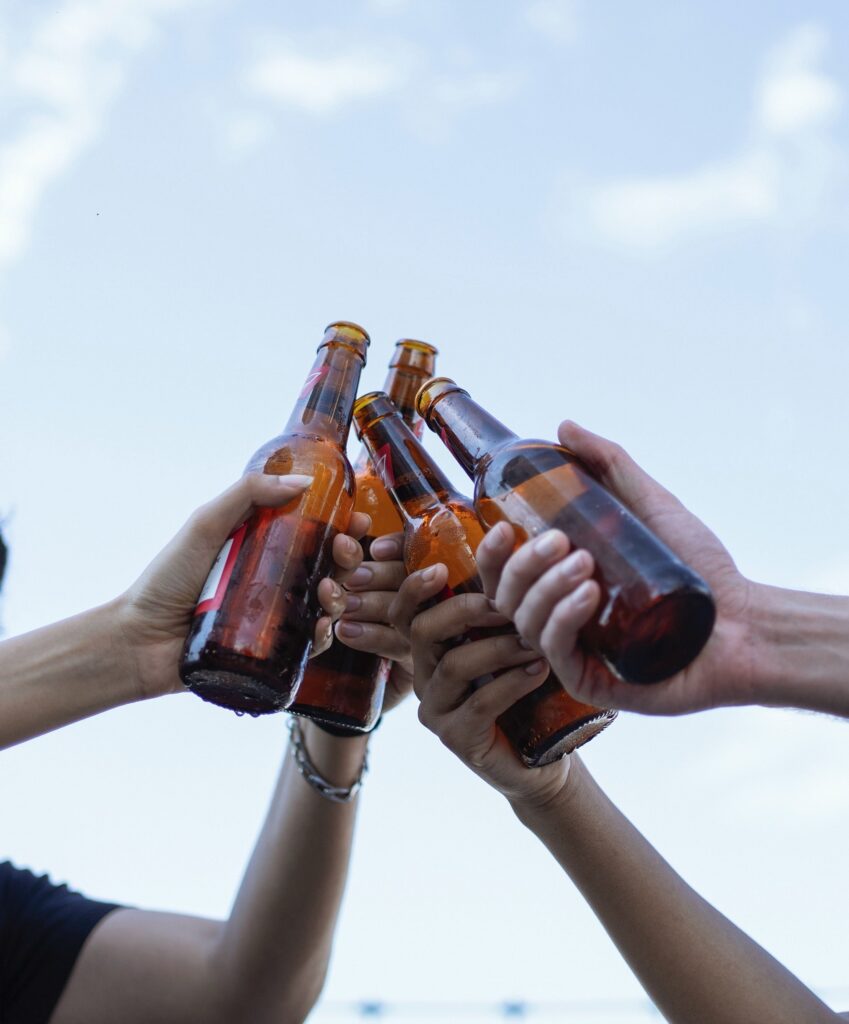

Despite its possible damning effects, alcohol continues to be the most widely used drug in Jamaica, with four in every 10 people reporting that they currently use the substance.
Though the impact of alcohol on the body begins the moment you take your first sip, research indicates that an occasional glass of wine or beer is of less cause for concern than regular drinking habits which can take a toll.
HOW EXCESSIVE ALCOHOL DRINKING CAN AFFECT THE BODY
Excessive alcohol consumption is generally understood to affect the body both inside and out. While every organ in your body can feel the effects from drinking, some organs are placed at a higher risk for extensive damage than others.

Organs with greater susceptibility to damage from excessive drinking include:
- The Brain
Prolonged excessive alcohol consumption can interfere with the brains functioning, resulting in memory loss, reduced motor control, loss of balance and delayed reflexes. - The Heart
Excessive alcohol consumption can weaken the heart, negatively impacting its ability to deliver oxygen and nutrients to other organs. In addition, heavy drinking may increase triglyceride levels – a type of fat in the blood, which contributes to the risk of developing dangerous health conditions such as heart disease, high blood pressure, diabetes, stroke and sudden cardiac death. - The Liver
Heavy drinkers run the risk of developing harmful and potentially life-threatening liver problems. This is because, when you drink, it is your liver’s responsibility to break down the alcohol and remove it from your blood.
A function that is hindered when too much alcohol is consumed in a short time period as it overwhelms the metabolism process, resulting in fatty liver – a chronic condition that involves the buildup of bad fats in the liver, which may lead to obesity, liver failure and type-2 diabetes.
HOW TO GET HELP

Each individual is different, therefore the way alcohol affects one person may differ from that of another.While some people may be able to maintain healthy drinking habits by not exceeding one or two drinks or
less a day, for women and men respectively, others may find it difficult limiting their alcohol intake.
If you or someone you know is in need of support in curbing your drinking habits, contact the National Council on Drug Abuse (NCDA) today and get enrolled in one of their available treatment and support programmes.
The NCDA is located at 13 Molynes Road in St Andrew, telephone # (876) 926-9002.







Comments